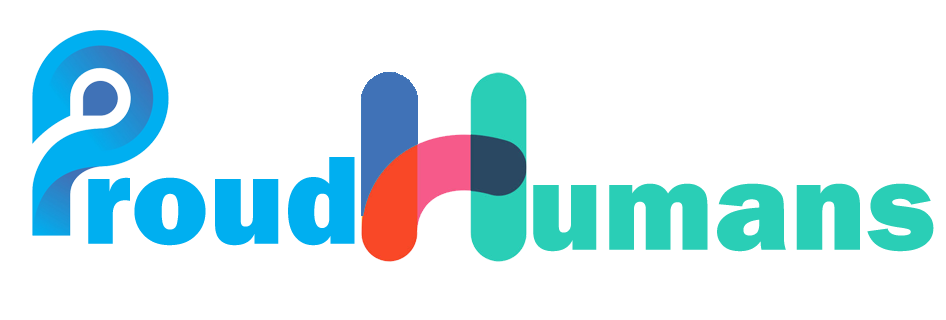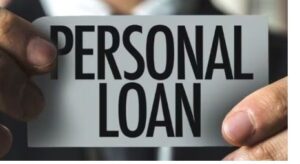Struggling with financial obligations on a low income can make life challenging. Whether it’s an unexpected medical bill, car repairs, or simply needing some extra money to make ends meet, a cash advance loan offers a quick solution for immediate monetary needs. But can you qualify for a cash advance loan if you have a low income? Let’s explore the steps, requirements, and alternative options to help you secure a loan even with limited earnings.
What Is a Cash Advance Loan?
A cash advance loan is a short-term financial solution that allows borrowers to get a small amount of money quickly. Typically, this loan is meant to cover urgent needs and is repaid on your next payday or within a few weeks. These loans are often available without extensive paperwork or credit checks, making them particularly appealing to those who need fast access to funds.
Unlike traditional loans, cash advance loans focus more on your ability to repay the loan within the agreed-upon timeline rather than your credit score or income level. This makes them a popular option for individuals with low incomes or minimal credit histories.
Understanding the Basics of Instant Personal Loans
Before diving into how low-income earners can qualify for a cash advance loan, it’s important to distinguish between a cash advance loan and an instant personal loan.
While both involve borrowing money, instant personal loans typically have a longer repayment period and higher loan amounts, making them suitable for more substantial financial needs. Cash advance loans are smaller in value and focus on short-term financial emergencies. In general, both types of loans cater to individuals who need quick cash without a complicated application process.
How Can You Qualify for a Cash Advance Loan with Low Income?
Many lenders understand that income levels vary, and they are willing to work with borrowers who have a low or moderate income. To increase your chances of qualifying for a cash advance loan, follow these key steps:
1. Check the Eligibility Requirements
Every lender has specific criteria for eligibility. Some lenders require a minimum monthly income, but this threshold is often low enough to accommodate people with limited earnings. Other factors typically considered include:
- Age: you must be at least 18 years old
- Proof of employment or steady income source
- Active checking or savings account
- Permanent residence in a state where cash advance loans are legal
Meeting these basic requirements, despite having a lower income, can significantly improve your chances of qualifying for a cash advance loan.
2. Prove a Reliable Income Source
The most crucial factor for lenders is knowing that you’ll be able to repay the loan. While having a low income may seem like a disadvantage, demonstrating a stable and consistent payday makes a strong case for approval. If you’re employed but earning a modest salary, provide documentation such as pay stubs, bank statements, or contracts to show your reliability.
For freelancers or gig workers, lenders may accept a history of regular deposits into your account as proof of income. Even Social Security benefits or other government assistance can suffice as a steady income source.
3. Opt for Smaller Loan Amounts
Borrowers with low incomes may not qualify for the maximum loan amount offered by certain lenders. However, applying for a smaller amount could increase your chances of approval while ensuring that the repayment fits within your financial capacity. For instance, instead of asking for $500, consider requesting $200, which could be easier to secure and repay.
4. Strengthen Your Application
Even if you have a low income, enhancing your application with supplementary details can work to your advantage:
- Credit Score: while many lenders for cash advance loans don’t heavily focus on credit scores, having a steady repayment history on other debts might strengthen your application
- Bank Account Activity: show consistent deposits and withdrawals that align with your income and expenses, creating a picture of responsible financial management
5. Explore Alternative Lenders
If traditional lenders reject your application, consider exploring alternative lenders that specifically cater to borrowers with low incomes. Online lending platforms or peer-to-peer lending networks often have flexible terms and are more lenient with income requirements.
Tips to Repay a Cash Advance Loan on a Low Income
Borrowers living on a tight budget should develop a clear repayment plan to avoid additional financial strain. Consider the following tips:
- Create a Budget: allocate funds for repayments immediately upon receiving your paycheck
- Communicate with Your Lender: if you’re struggling to repay the loan due to an unexpected financial challenge, contact your lender promptly to negotiate an extension or alternative repayment terms
- Avoid Rolling Over Loans: some lenders offer the option to roll over cash advance loans to the next payday, but this often comes with increased fees and interest
Alternatives to Cash Advance Loans for Low-Income Individuals
While a cash advance loan might be your first choice, you could explore other options for financial assistance if your income is low:
- Instant Personal Loan: if you need a larger amount and can manage monthly repayments, an instant personal loan is another option worth exploring
- Credit Union Loans: many credit unions provide affordable small loans specifically designed for individuals with low incomes
- Borrowing from Family or Friends: in some cases, reaching out to loved ones for temporary financial help can save you from high-interest rates
Advantages and Risks of Cash Advance Loans
Advantages:
- Quick Approval: funds are usually deposited within 24 hours
- No Extensive Credit Checks: most lenders prioritize income over credit history
- Accessible for All Income Levels: even low-income individuals can qualify with proof of earnings
Risks:
- High Interest Rates: cash advance loans can be expensive, so borrowers should carefully read the terms before agreeing
- Short Repayment Period: the brief repayment window can become a challenge for low-income individuals
- Potential Debt Cycle: failing to repay on time can lead to vicious cycles of debt accumulation
Conclusion
While qualifying for a cash advance loan with a low income may seem daunting, it’s entirely possible by meeting basic eligibility criteria, demonstrating steady income, and applying for reasonable loan amounts. These loans can provide immediate relief during financial emergencies, but borrowers should be mindful of the associated risks, such as high interest rates and short repayment periods.
Additionally, exploring alternatives like instant personal loans or loans from credit unions can widen your options and provide better terms for repayment. Whether you need a quick fix for your financial troubles or are looking for a manageable way to bridge the gap, the right loan could offer a valuable solution—with proper planning and awareness.





